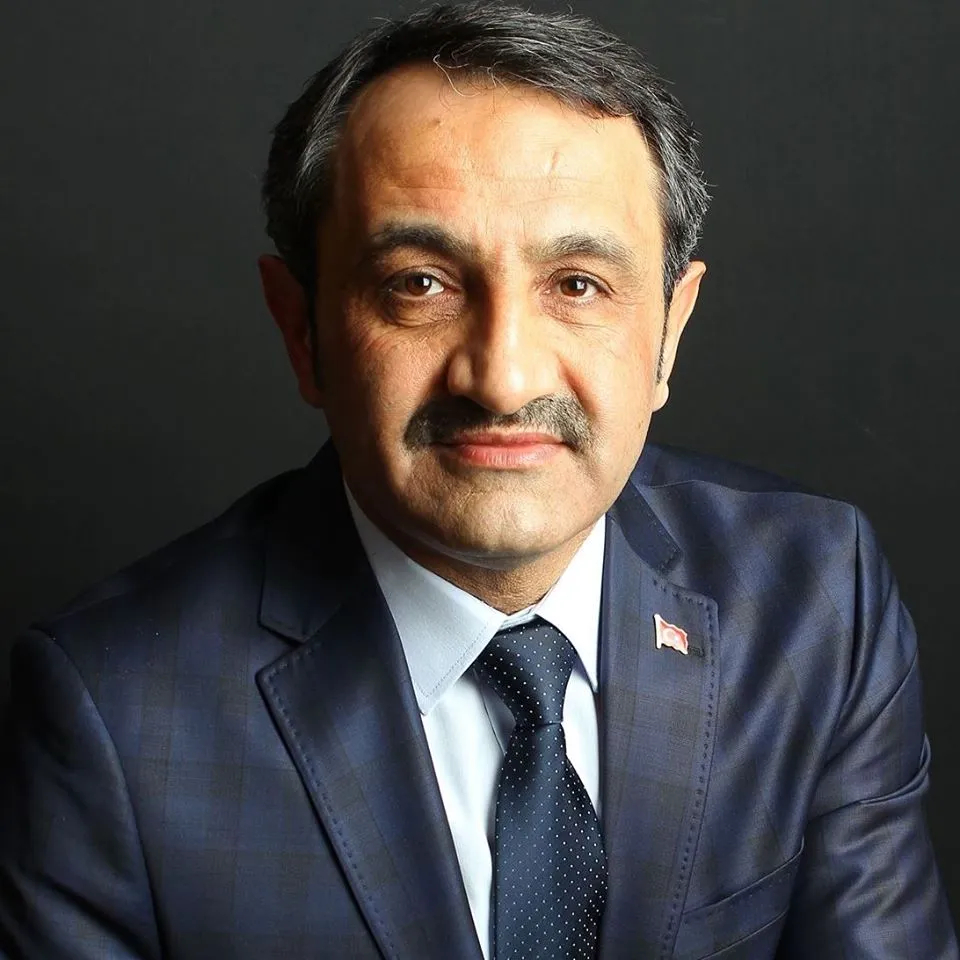AİLE, EĞİTİM VE İLETİŞİM UZMANI CEMİL PASLI'NIN KALEMİNDEN...

Başlıkta kullandığımız cümle vefatının 100. Yılını idrak ettiğimiz Ziya Gökalp’e ait.
“Hak yok vazife var; fert yok cemiyet var” sözü, Türk töresi ve İslam’ın fert ve topluma bakışını tek cümle ile ifade etmenin mükemmel bir örneği.
Anadolu irfanı İslam’ı kendine has cümlelerle uyarlamıştır.
“Yaşadığın geceyi kadir, muhatap olduğun kişiyi hızır bil” cümlesi de bu türdendir.
Gökalp; “Türkleşmek-İslamlaşmak-Muasırlaşmak” yaklaşımı ile her milletin kendi öz kültürü ve töresini iyi bilmesini, İslam’ı makasıdı sabit olmakla birlikte vesailde kendi öz kültürü ve töresine uygun yorumlamasını; uhdesine aldığı töresi-öz kültürü ve dinini muhafaza ederek dünya ile entegrasyonunu üçlü bir sistem olarak değerlendirmiştir.
Hanefi-Maturidi-Yesevi çizgide Türklerin ana vatanı Orta Asya’da geliştirilen bu üçlü sistem günümüzde revize edilmeyi bekliyor.
Güneyden gelen selefi ve eşarici bir çizgi, batıdan gelen güçlü oryantalist çalışmalar ile Hanefi-Maturudi-Yesevi çizgi zayıflatıldı.
Başta biz İslam’ın anayasa maddelerini (makasıd) korumakla görevli kelamcılar olmak üzere çizgimizi korumak ve geliştirme hususunda her Müslümana görevler düşüyor.
Ziya Gökalp “Hak yok vazife var, fert yok cemiyet var” ilkesini “İctimai Usul-ü Fıkıh” projesiyle destekledi.
İslam Mecmuası (1914-1918)’ndan yakın arkadaşı kelamcı M. Şerefeddin Yaltkaya’da mezkur ilkeyi “İctimai Usul-ü Kelam” projesi ile güçlendirmek istedi.
Bireyselliğin ve hak peşinde koşmanın öncelendiği hatta zirve yaptığı modern zamanlarda; cemiyetçiliğe ve vazife odaklı düşünmenin önemine daha çok vurgu yapmak gerekiyor.
Gökalp’i vefatının 100 yılında rahmetle anıyor, herkesi vazife odaklı ve cemiyeti önceleyen bir bakış açısına davet ediyorum.
There are no rights but duties; There is no individual, there is society.
The sentence we use in the title belongs to Ziya Gökalp, whose 100th death anniversary we are celebrating.
“There are no rights, only duties; The saying "There is no individual, there is society" is a perfect example of expressing the Turkish custom and Islam's view of individuals and society in a single sentence.
Anatolian wisdom adapted Islam with its own unique sentences.
The sentence "Know the night you live in and know the person you talk to" is also of this kind.
Gokalp; With the "Turkification-Islamization-Contemporaryization" approach, each nation should know its own culture and customs well, and interpret Islam in accordance with its own culture and customs, although its purpose is fixed; It has evaluated its integration with the world as a triple system by preserving its customs, core culture and religion.
This tripartite system, developed in Central Asia, the homeland of the Turks, along the lines of Hanafi-Maturidi-Yesevi, is waiting to be revised today.
The Hanafi-Maturudi-Yesevi line was weakened by a Salafi and Ashari line coming from the south and strong orientalist studies coming from the west.
Every Muslim has a duty to protect and develop our line, especially us theologians who are responsible for protecting the constitutional articles (makasid) of Islam.
Ziya Gökalp supported the principle of "There are no rights but duties, there is no individual but society" with his "Social Usul-ü Fiqh" project.
His close friend, theologian M. Şerefeddin Yaltkaya from the Islamic Journal (1914-1918), wanted to strengthen the aforementioned principle with the "İctimai Usul-ü Kalam" project.
In modern times, where individuality and the pursuit of rights are prioritized and even peak; It is necessary to emphasize more on the importance of collectivism and duty-oriented thinking.
I commemorate Gökalp with mercy on the 100th anniversary of his death and invite everyone to a duty-oriented and society-prioritizing perspective.